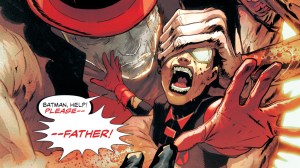The path of a Jedi is one of discipline, selflessness, and adherence to a strict code. However, the call of the dark side of the Force is sometimes too stong to avoid, seducing Jedi with power, control, and untold limitations. While many who fall to the dark side are simply driven by greed or ambition, there are those whose motivations are more complex and, in some cases, even understandable. In the sprawling Star Wars galaxy, many Jedi Knights and Padawans abandoned their vows and embraced the dark side, believing they were doing what was right for a greater cause. Their stories are a reminder that the line between light and dark isn’t always as clear as the Jedi Council would have you believe. These characters, in their own tragic ways, wanted to fix a broken system or bring about justice in a way that the Jedi Order were unable or unwilling to do.
Videos by ComicBook.com
Their falls are not just tales of corruption, but cautionary tales about how an institution as respected and long-standing as the Jedi Order oftentimes failed its most loyal servants.
Anakin Skywalker
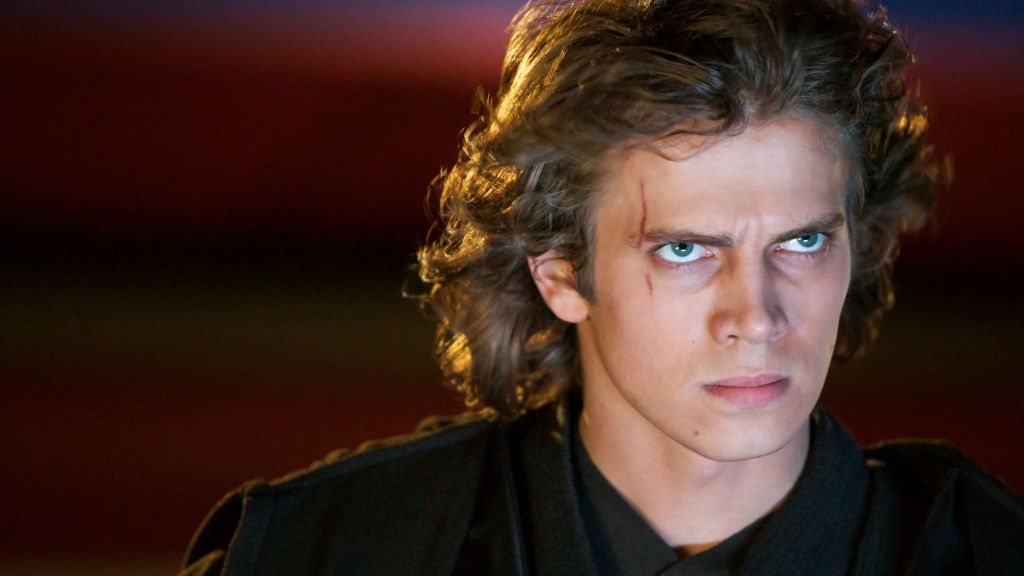
Anakin Skywalker’s fall was caused by a mix of fear and a desperate desire to protect his loved ones. His journey to the dark side was not a steep dive, but a slow descent initially driven by the shortcomings he saw in the Jedi Order, especially when his Padawan, Ahsoka Tano, was mistreated by the Council. Anakin’s troubles only worsened the deeper he fell in love with Padmé Amidala, who would eventually become his wife in secret. Anakin’s visions of Padme dying in childbirth led him to seek out any way to save her. Unfortunately, Palpatine convinced Anakin the only way was through the dark side.
His transformation from Anakin Skywalker, respected Jedi Knight, into the Sith Lord Darth Vader was fueled by a belief that he was taking control of his destiny, fixing the wrongs of the Jedi Order, and saving his wife. He saw the Jedi Code as a weakness that prevented the Order from truly helping others. In his mind, he was bringing order to a chaotic galaxy so that no one would suffer in the way he believe he did. This wasn’t a choice made for power alone, but for a twisted form of love.
Count Dooku
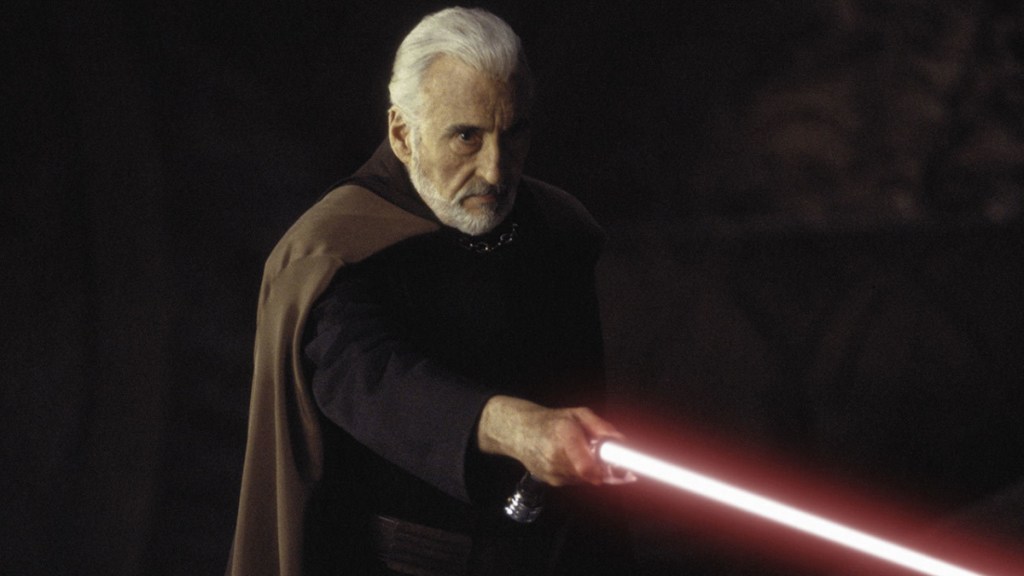
Count Dooku, once a respected Jedi Master and Qui-Gon Jinn Master, became disillusioned with the Jedi Order and the Galactic Republic as a whole. He saw the Republic as corrupt and the Jedi as its puppets, blindly serving a broken system. His turn to the dark side wasn’t motivated by selfishness or a power grab, but by a desire to bring about radical change to created what he considered to be a more just government. He felt the Jedi had lost their way, becoming more concerned with politics than with serving the people.
Dooku’s belief that the Jedi were corrupt and did not represent the Order the way they should led him to embrace the power of the Sith, seeing it as the only available path to reform the galaxy. He initially joined Palpatine with the hope of creating a new order that was free from bureaucracy and corruption. His fall was a philosophical one that actually was logical, especially during the Clone Wars.
Barriss Offee
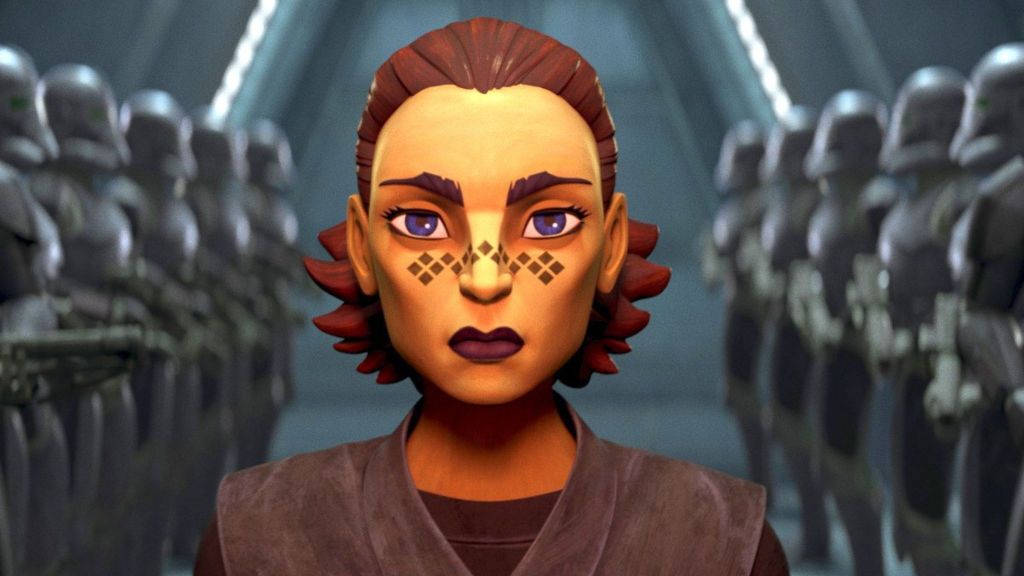
Barriss Offee’s betrayal was similar in nature to Dooku’s, as she believe the Jedi’s involvement in the Clone Wars was unjust. She believed that the Jedi had lost their way, becoming generals and soldiers instead of the keepers of the peace they were meant to be. Her actions when defecting from the Jedi Order, however, were extreme. She orchestrated a bombing at the Jedi Temple and framed her friend, Ahsoka Tano in a misguided attempt to expose the Jedi’s hypocrisy. Ironically, Offee’s actions played a major part in both Ahsoka and Anakin losing faith in the Jedi Order, though both took very different paths.
In Offee’s view, the Jedi had become the very thing they fought against: instruments of violence and manipulation. Her radicalism was a desperate cry for attention to the Jedi’s moral failings from someone who was no more than a child soldier. She believed that the only way to save the Order was to tear it down and force them to confront their own actions, which was a tragic irony given the ultimate result of her efforts.
The Grand Inquisitor
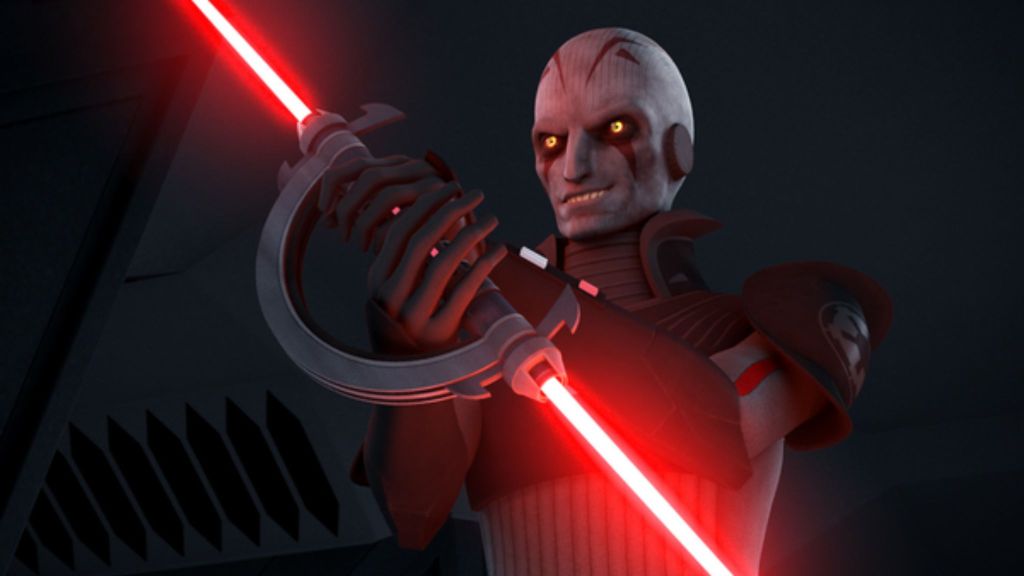
The Grand Inquisitor, formerly a Jedi Temple Guard, turned to the dark side after witnessing the Jedi Order’s failure to protect its own. As a Temple Guard, he was a silent and sworn defender of the Jedi’s ideals, but the Jedi Council’s decision to punish Barriss Offee and later, the Jedi’s overall involvmenet during the Clone Wars, led him to question everything he believed in. He came to believe that the Jedi Order was a flawed institution.
His decision to become an Inquisitor after the fall of the Republic was a conscious choice to bring order to a chaotic galaxy using his Force-sensitivity and skills, even if it meant hunting down his former friends and allies. He believed that the Jedi’s unyielding ways were a threat to peace and that the Empire offered the only path to that peace. His turn to the dark side was a well-reasoned one on his part; a choice to join the winning side and enforce a new kind of order he saw as a necessary evil.
Reva Sevander
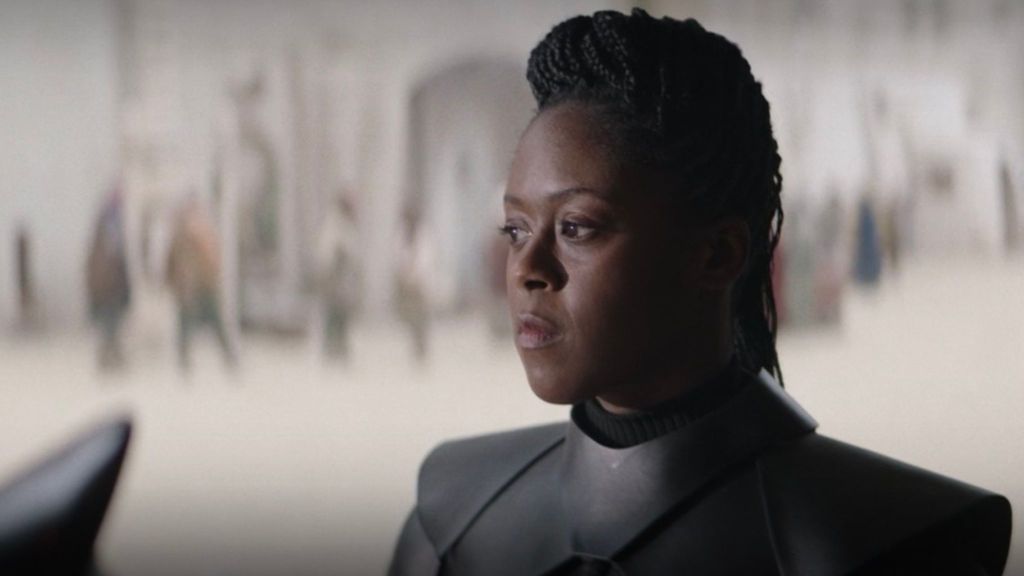
Reva Sevander’s turn to the dark side as the Third Sister in Star Wars: Obi-Wan Kenobi was driven by revenge. As a youngling, she was one of the few who survived the massacre at the Jedi Temple, leaving her with untold trauma at seeing her fellow younglings murdered and a burning hatred for the man who was once Anakin Skywalker. She joined the Inquisitorius under a false pretense. She did not want to serve the Empire— she simply wanted to get close enough to Vader to kill him for his betrayal of the Jedi.
Her embrace of the dark side was a means to an end and a tool to achieve her long awaited vengence. She truly did not fall to the dark side, but instead faked her loyalty to the Empire, even though such loyalty required her to do terrible things in the Empire’s name. Her fall was not about power or ideology, but about a personal quest for justice and closure, making her a truly tragic figure whose motivations were due to childhood trauma and a desperate need for revenge.








